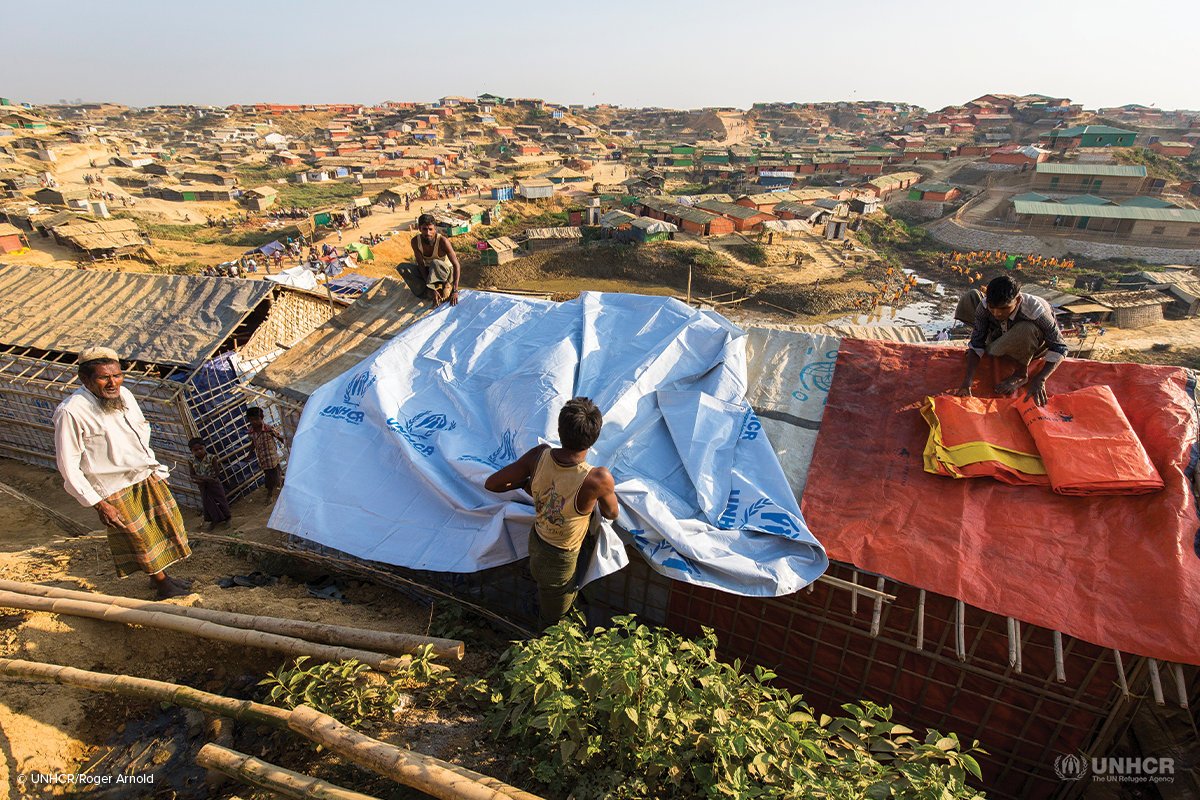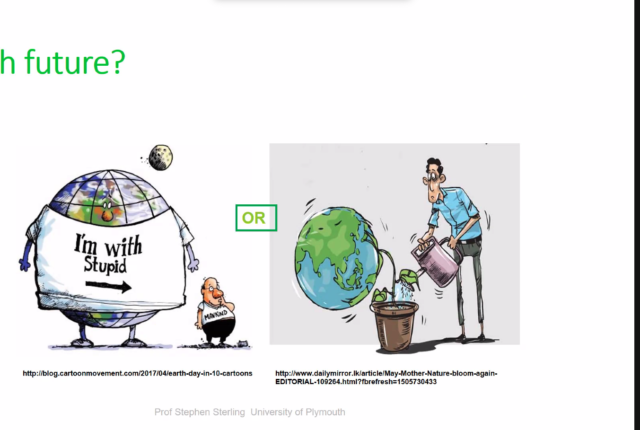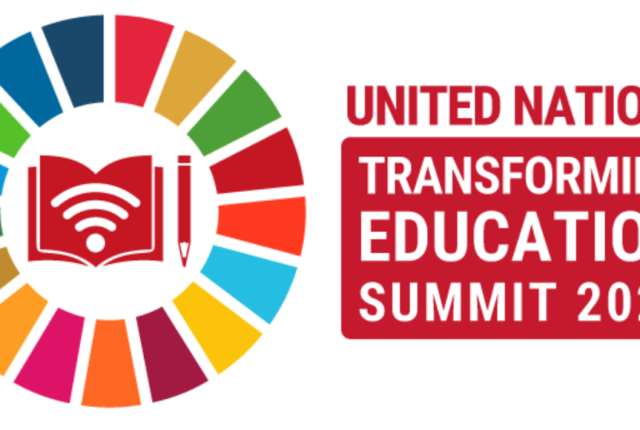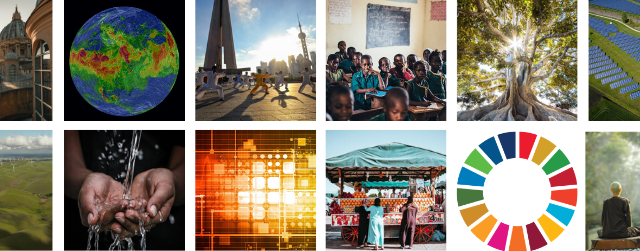by Jessica Crist
At the midpoint of Agenda 2030, it is important to consider the progress that has been made toward achieving the 17 Sustainable Development Goals (SDGs) and their 169 targets. Primarily, the global community must come together to understand how the SDGs impact each other and how they are connected to modern day issues.
One such connection is the increased occurrence of persons displaced due to the effects of climate change. Climate change plays two major roles in displacement. First, it can trigger displacement for those who are forced to flee their homes due to climate change events such as floods, drought, and extreme weather. Second, it can worsen the situation of those who have already fled their country and are seeking shelter as refugees in another nation, usually in an already vulnerable area. According to the United Nations High Commissioner for Refugees (UNHCR), lack of safe drinking water (SDG6), limited natural resources (SDG7), struggling crops and livestock (SDG2), and other effects of climate change will only continue to displace persons from their homes.
Through comprehensive research, Duke University’s Program on Climate-Related Migration is attempting to bring greater awareness to this growing issue. As an invited guest to the 2023 Conference on Climate Change & Migration hosted by the Duke program in Washington, DC, the SDG Academy heard from top scholars, experts, and policymakers about the impact climate change has on migration. The main solutions and recommendations to come from the conference included taking action to mitigate the impacts of climate change (SDG13), creating welcoming policies for those who are displaced, and reducing inequalities that make populations more vulnerable to climate-related displacement (SDG10).
An example of climate-related displacement discussed at the conference was Hurricane Eta in 2020. Eta hit Central America and Southern Mexico—a region already vulnerable due to heavy flows of inward and outward migration—causing what UNHCR identifies as “one of the worst weather-related disasters in the region in the past two decades.” Over 120,000 people were forced to evacuate their homes due to flooding, landslides, power outages, and the destruction of crops and infrastructure. UNHCR provided relief in the form of shelter, food, and water. As temperatures continue to rise and weather patterns change due to climate change, more hurricanes, wildfires, floods, and droughts have displaced persons in the United States, Canada, Pakistan, Afghanistan, and many other nations.
Overall, climate change-related migration is a timely issue that will continue to increase over the years. Various SDGs could address the devastating effects of climate change that displace persons from their homes. At the midpoint of Agenda 2030, policymakers must consider how to move forward to achieve the SDGs and mitigate further displacement due to climate change.
Education about the SDGs is the first step to creating innovative solutions for global challenges related to climate change. The SDG Academy recommends the following courses for a greater understanding of climate change, human rights, inequality, and the impact climate change has on communities:
- Climate Change: The Science and Global Impact: This course teaches the science behind global warming to avoid the most damaging and irreversible climate change impacts on people and planet.
- Understanding Poverty and Inequality: This course dives deep into the relationships between poverty, inequality, and well-being and explores how poverty and inequality link to issues like climate change, migration, and conflict.
- Ecosystem-based Adaptation: Working with nature to adapt to a changing climate: Ecosystem-based Adaptation (EbA) helps people adapt to the diverse effects of climate change and this course teaches the principles of EbA to be applied to various sectors.
- Human Rights, Human Wrongs: This course examines the many human rights abuses that exist in the world and teaches the establishment of human rights and their linkages to many other global issues in sustainable development.

Jessica Crist
Jessica Crist is an Education Manager with the SDG Academy. Jessica received her Bachelor’s degree in International Affairs and Spanish Language and her Masters degree in International Education from the George Washington University. Jessica is interested in global migration crises and recently completed a study of refugee access to education in the Washington, DC area. The culmination of this research will be published in an edited volume in Fall 2023. She is passionate about SDG 4 and the incorporation of sustainable development in education.



